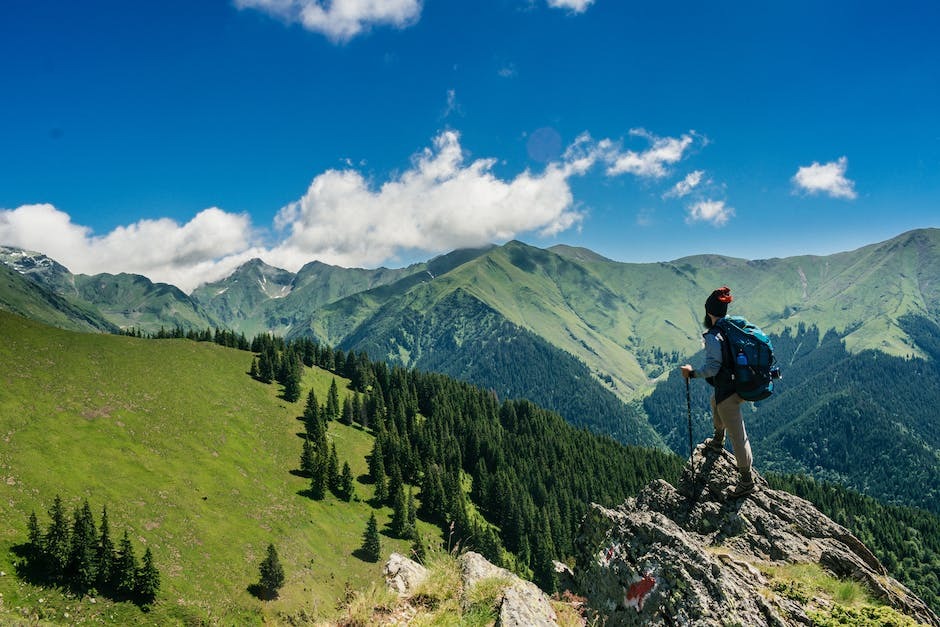
Many kinds of therapy exist as part of a treatment plan, but most people never assume that something like adventure therapy might be a part of it. Adventure therapy is not a new type of therapy, but it requires a specific, specialized environment to take place. This environment is the great outdoors and the many activities that can take place there.
When most think of therapy, they think about talking to a therapist in an office while lying on a couch. Indeed, it's usually how conventional therapy goes, but's not what every type of therapy is like. Therapy can be fun and exciting, giving someone joy during a difficult time in their lives.
Pathways Wellness Center is proud to offer a wide variety of therapy options for its clients. Many are holistic and focus on the mind, body, and spiritual connection. One therapy offered, which has proven to be very effective for addiction, and takes advantage of the beautiful Californian wilderness, is adventure therapy.
Adventure therapy is a therapy that takes place outdoors. It utilizes the awe factor, a feeling one gets from participating outdoors. This awe factor helps clients see beyond themselves and find peace and hope in nature. It's especially important to someone who is struggling with addiction. Being able to know that no matter what, they can find happiness in small, simple things, can be enough to give them strength.
This type of therapy also utilizes the benefits of nature and exercise on the mind, body, and spirit. Exercising has been shown to reduce the symptoms of depression. Those participating outdoors also have lowered levels of cortisol. This is a chemical hormone produced by the body that keeps someone alert during high-stress situations. Regulating the production of cortisol helps reduce feelings of anxiety and stress.
Activities in adventure therapy vary, but usually center around team building and personal growth. Rock climbing, camping, hiking, kayaking, and more are all activities one can participate in as part of adventure therapy. Some activities can be difficult or even a little frightening, such as rock climbing. However, succeeding in these activities is immensely positive to the psyche and self-esteem.
The goal is not only to provide treatment but also to be fun. It builds up the confidence someone needs to make important changes in themselves. Adventure therapy is empowering and offers clients the opportunity to learn about themselves, learn how to interact with other people, and find peace.
This type of therapy is overseen by trained mental health care professionals, along with other medical personnel. Typically, adventure therapy is conducted by a certified therapist, with medical personnel and other professionals on standby in case of an emergency or accident.
In addiction treatment, adventure therapy is often used to get a client “away from it all.” You may have heard that term before from someone entering the wilderness for rest and self-reflection. The same can be said with addiction treatment, except it's overseen by trained mental health care professionals. Clients can escape from common triggers for addiction and go somewhere simple and wholesome. There, they can spend time away from society to work on themselves. By the end of treatment, a client is ready to begin the integration process to enter society again.
Many times, people develop addictions because they are attempting to deal with pain and trauma through self-medicating. This is when someone uses a drug or alcohol to treat a symptom, real or not, without the oversight of a doctor. Someone consuming alcohol to numb themselves to trauma is an example of self-medication.
In adventure therapy, clients are taught how to channel these feelings into something positive. They can do something tangible that will bring them relief in a way that does not need the use of drugs or substances. You may hear people in recovery talking about being “high on life,” and it's a true statement. Working hard to accomplish a difficult task offers immense satisfaction and accomplishment.
Many people in adventure therapy discover new lifelong hobbies that help them stay in recovery. After all, why buy substances when you can spend that money on new climbing gear? It gives them new friends, and, thus, the support they need in future times of struggle.
Adventure therapy teaches clients skills to help them process their pain and learn how to cope with them properly. Learning to trust in others to help you, learning that you are strong enough to accomplish great things, and learning that you are worthy of compassion and understanding are all important factors of adventure therapy.
If you would like to participate in adventure therapy as part of a treatment plan, contact your local mental health care facilities. Some facilities, like Pathways Wellness Center, will prominently display that they offer adventure therapy on their website. If you are unsure if a facility has what you need, contact them and ask some questions.
It's important to understand that everyone is worthy of respect, compassion, and understanding. If you or a loved one is struggling with addiction, know that there is hope. Asking for help can be difficult, but it's also one of the bravest things a person can do.
Addiction treatment doesn't always have to take place indoors. For those who enjoy the outdoors, there is adventure therapy. This type of therapy utilizes the outdoors, exercise, and team-building skills to help those struggling with addiction and its co-occurring mental health disorders to find the strength they need to overcome them. Here at Pathways Wellness Center in Glendora, California, we use adventure therapy to show our clients new ways to cope with their struggles and learn new helpful skills. In the end, many of our clients find a new love for the outdoors that gives them joy in recovery. If you or a loved one is struggling, don't wait. Call us today at (888) 771-0966.


